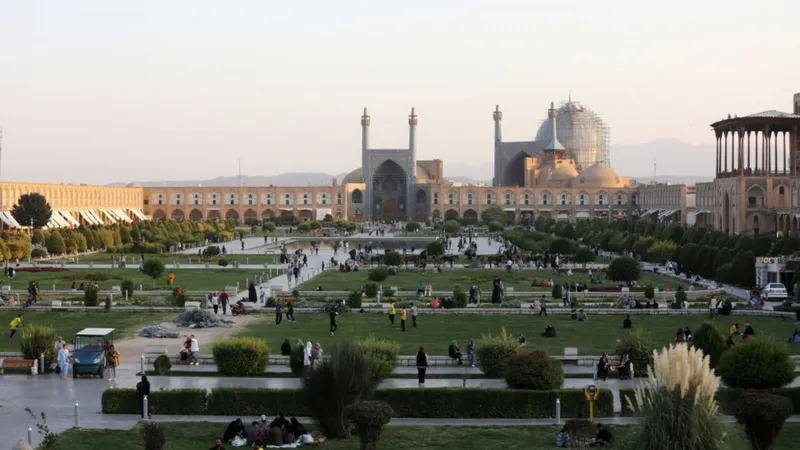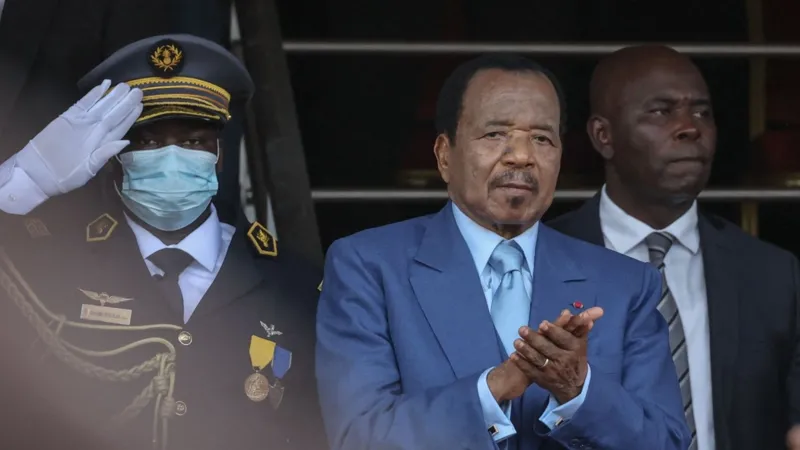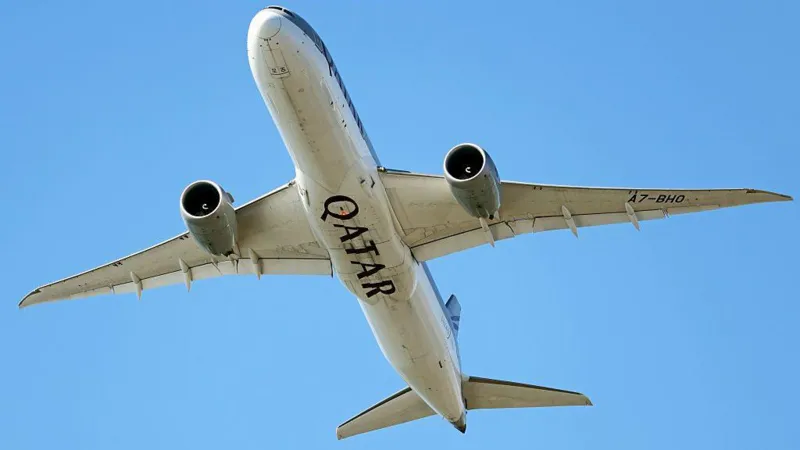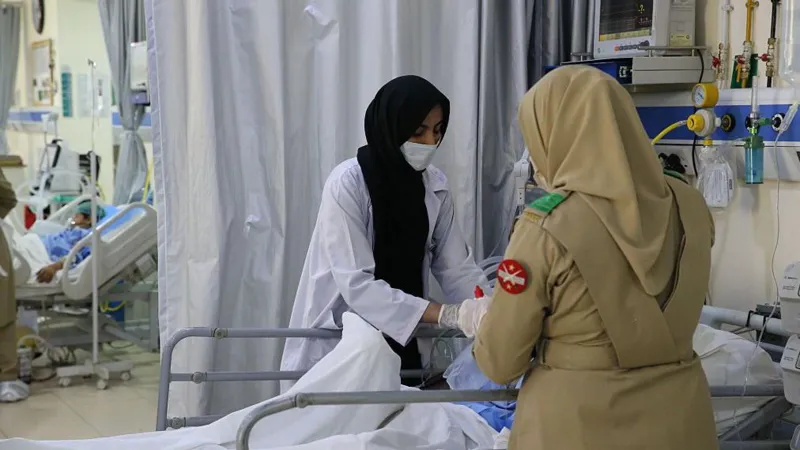Israeli missile hits Iran, US officials say, as blasts heard
An Israeli missile has hit Iran, US officials have told the BBC's partner station CBS News.

Blasts were heard in the central province of Isfahan, although it is not clear what was targeted.
Iran is on high alert after Israel said it would respond to an Iranian attack against it on Saturday night.
Iran fired more than 300 drones and missiles in its first ever direct attack on Israel, bringing a years-long shadow war between them into the open.
Iranian media have not reported any direct impacts from Friday's Israeli strike and the global nuclear watchdog, the International Atomic Energy Agency (IAEA), has said no nuclear sites were damaged.
There has been no official Israeli comment.
Iran's nuclear sites are a particular focus of attention because Israel and Western powers have for years suspected Iran of secretly developing nuclear weapons, with Israel vowing to stop it by any means. Iran says its nuclear programme is for purely peaceful purposes.
Isfahan province is home to several nuclear facilities, a large airbase and a major missile production complex.
Iran's semi-official Fars news agency, which is close to the Islamic Revolution Guard Corps (IRGC), said explosions were heard near Isfahan International Airport and an army base in Isfahan city, activating local air defence systems.
Video from Isfahan posted on BBC Persian's Instagram account shows orange flashes in the night sky and the sound of what appears to be bursts of anti-aircraft fire.
BBC correspondents say the scale of the strike appears to be limited, suggesting it was aimed more at sending the Iranian regime a message - that Israeli weapons can reach deep inside Iran - than it was at inflicting damage.
Iran's relatively muted response, with some officials even denying an attack took place at all, indicates that for Iran it is partly about saving face and looking strong.
Friday's strike comes six days after Iran launched its unprecedented attack in retaliation for an Israeli air strike on Iran's consulate building in Syria on 1 April, which killed two top generals. The most senior of the two, Brig Gen Mohammad Reza Zahedi, was reportedly in charge of Iranian military operations in Syria and Lebanon, where pro-Iranian forces have launched attacks on Israel.
Almost all the Iranian drones and cruise and ballistic missiles were intercepted by Israeli air defences with support from the US, UK and other allies, the Israeli military said.
Several ballistic missiles hit an airbase in the Negev desert. A young Bedouin girl, who was seriously hurt by falling shrapnel, was the only reported injury.
Iran signalled afterwards that it did not seek further escalation.
Why has Iran attacked Israel?
What was in wave of Iranian attacks and how were they thwarted?
In recent days, Iranian leaders had warned that any Israeli attack on Iran would trigger a swift response. There have been attempts among the international community to de-escalate the crisis, with calls for restraint.
On Thursday, UN Secretary General António Guterres said there had been "perilous escalation" between Israel and Iran.
"One miscalculation, one miscommunication, one mistake, could lead to the unthinkable - a full-scale regional conflict that would be devastating for all involved," he told the Security Council.
-bbc







